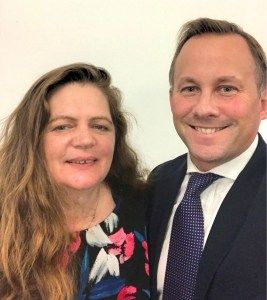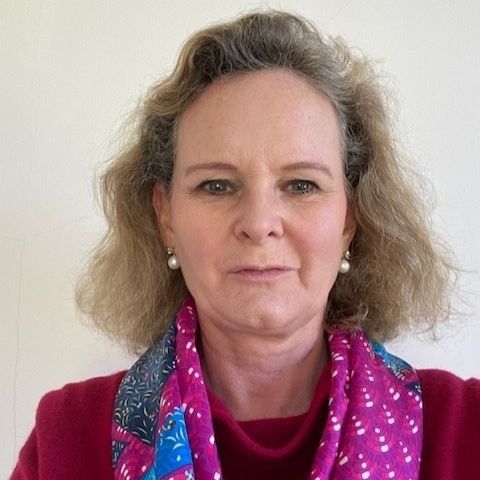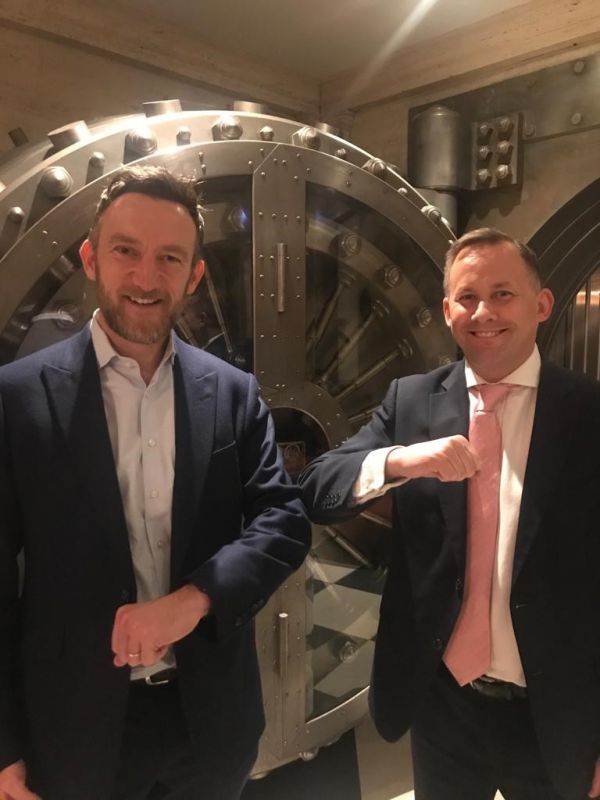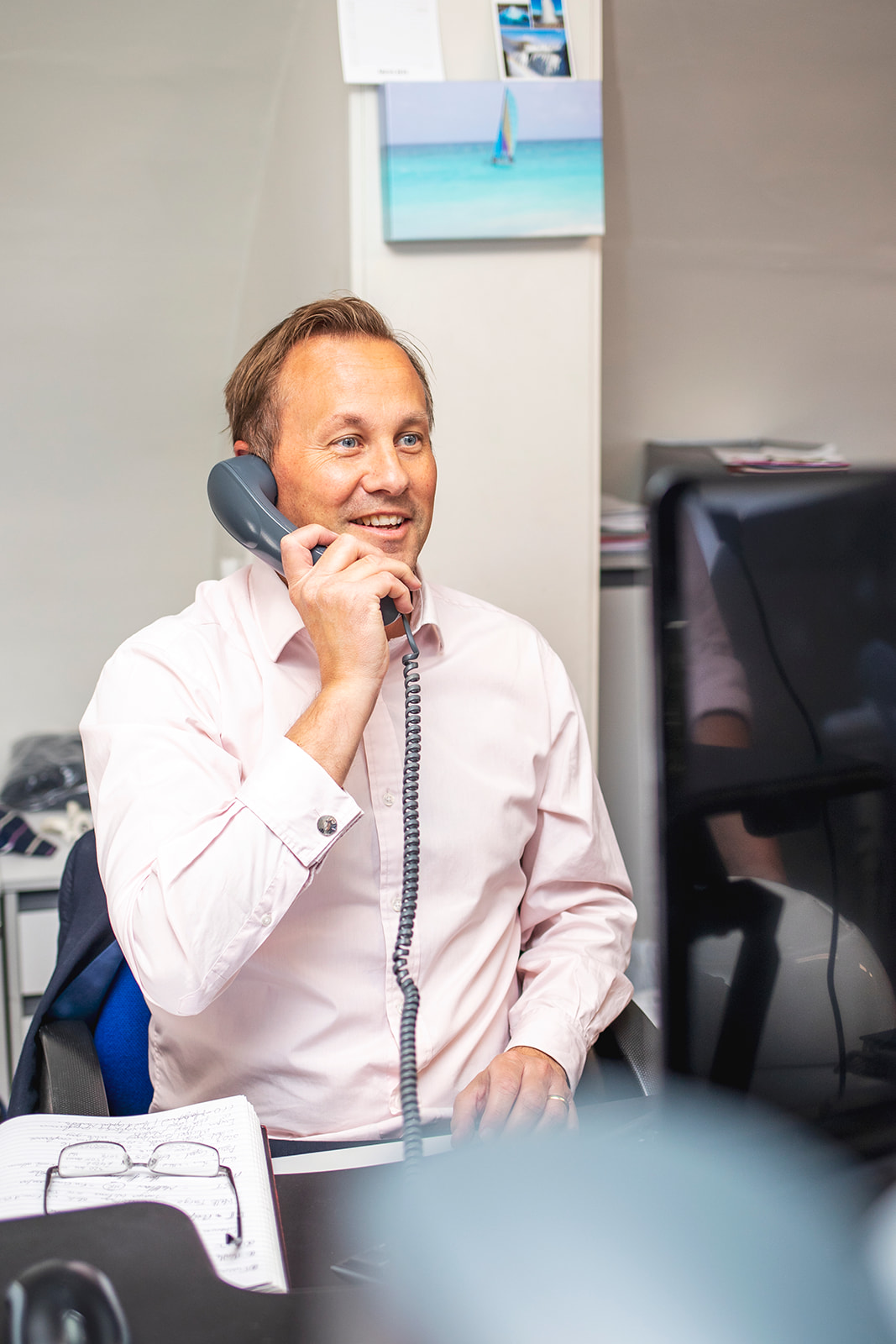
Amanda Comber Business Change Consultant
How did you get into business change?
I started doing the Y2K (Year 2000 computer systems preparation) project at Rabobank, running the Crisis Management Communication Division. If you remember, this was the time before the close of 1999 when the banks had concerns that their computer systems might fail and the media were reporting that planes might start falling out of the sky.
Following this, I was then asked to set up a project management office (PMO), which was a very new concept at the time. I ran it across all areas of the bank, including all front, middle and back office projects, which gave me fantastic exposure. Following the 2011 credit crunch, regulatory projects started to take off and this gave me the opportunity to start working in regulatory business change.
Was business change your first career choice?
My first career choice was politics. I got a job as a PA to the Conservative Group Leader, working closely alongside Iain Duncan Smith. I was also Secretary of the Conservative Association in Woodford Green. After two years, I realised that the best job options open to me were to join a bank or work in politics as a researcher on Europe. I took the job in banking as it offered more money.
How did you obtain your first job in business change?
I utilised my secretarial and organisational skills to get my first job, which was a business management role that I found through a recruitment agency. This gave me great exposure to key staff in the London office and lots of different experiences. My lucky break came when I was offered a position to help set up the Global Programme Office. I got exposure to all the key projects and built my skills around project best practise. After a number of years I was given the responsibility to lead the Programme Office and also obtained my PRINCE2 trainer qualification. I then decided to leave and use my broad experience to move into consulting.
What attributes do you think have made you successful in your career?
Having a logical view of my career, building my expertise and planning my moves. I’ve built considerable transferable skills over the years, which helps with my job as a Business Change Consultant. Being prepared to think differently to others and to ‘swim in a different direction’. My focus on best practice has also served me well.
Why did you choose to get into contracting?
I wanted to move into consultancy as I had built my expertise so thought it would be more interesting to have diverse and breathe of experience. Also financially of course it was more appealing
Why is this more appealing to you than permanent employment?
I enjoy having variety of projects without the burden of corporate politics and administration.
What makes a good contract?
I enjoy positive client relationships and always look to partner with them. The longer you are with a company the more value you can add. 6-12 months contracts are best -with a 2 year time limit. Otherwise you start to lose your objectivity as you absorb the clients practices and culture. Also the client can start to take you for granted.
What makes a good contract recruitment partner?
One that takes time to understand how you work and fit to to the right role and company culture. Honesty is key for both parties. Feedback is also vital, a shared story helps inform both parties and shows respect.
What are your thoughts on IR35 as a contractor and what steps might you have to take in the future to comply with HMRC?
It would help if HMRC understood and took into account the risks, costs and admin that every contractor has to bear. Finding a new role in a tight market, as is currently the case, takes time and a contractor has to self-fund. Equally the value of a flexible work force is also being overlooked.
For my company I am looking at how I can extend my services across more than 1 client as well as partnering with other small service providers.
How important is it that your recruitment consulting partner understands contract legislation (IR35, Agency working regulations (AWR), Conduct Regulation)?
Vital as they need to support the terms of your contract with the end client. Having that knowledge supports both parties (the contractor and the client).
What would be your advice to someone looking to start their own consulting business?
Speak to other contractors and find a good chartered accountant before you set up a company. It’s too easy to set up a company in the UK wrongly. Avoid accountancy firms as they are not accountable to anyone, if you have any problems with them you have no-where to go.
Would there ever be a permanent role that was right for you? If so what would it look like?
It would have to be a senior strategic change role where I felt I could make a tangible difference to performance and culture.
How do you make sure you stay on the right side of HMRC (with regards to VAT / income tax etc)?
Find a good accountant, be disciplined and timely in doing your accounts, use your business account card for all business expenses.
How do you market yourself / find new contracts?
Maintain your networks, look for new networks, join events especially where free, use LinkedIn to catch up with old contacts, use job boards to get your name out there. Be open to opportunities and look for good recruiters who take time to get to know you.
What are the advantages and disadvantages of being a contractor?
In the plus side there is the flexibility to move around the market and be involved in the latest projects. You get to see a lot and how different companies work. Work is rarely boring and you never feel trapped in the wrong job. However, you are often forced out of your comfort zone so being creative and able to take risks is key. You also need a strong work ethic as you are judged on your daily performance, the client is always looking.
Do you look for candidates with a particular educational background or particular qualifications?
Yes. I like to have a variety of people when I build teams and I do consider educational development to be very important. You cannot, however, train the right attitude.
What advice would you give to a junior starting their career?
Be diligent. Deliver what you’ve been asked. Always ask questions. There is no such thing as a stupid question – it’s only stupid not to ask a question.
What advice would you give to a mid-level professional?
Do you know where you want to go and have you put plans in place to reach there?
What advice would you give to a number two?
Become a partner to the number one.
Who is the person or persons who have had the biggest impact on your career?
I have had the privilege of working alongside some very capable senior leaders. Top of the list are Mike Austin, the CAO at Rabobank; David Furness, Head of CFO Change at Credit Suisse and John Burgess, COO at Westpac. I have always sought to learn from others and they gave me the autonomy, freedom and support which enabled me to deliver to the best of my abilities.
Last, but not least, when you’re not in work, how do you unwind?
I love to spend time with family; helping my daughter develop her sense of self. We have a small dog called Tinkerbell and enjoy the great outdoors holidaying around the UK in our motorhome.
Learn more about Amanda by visiting her Linkedin Profile at linkedin.com/in/amandacomber/.




